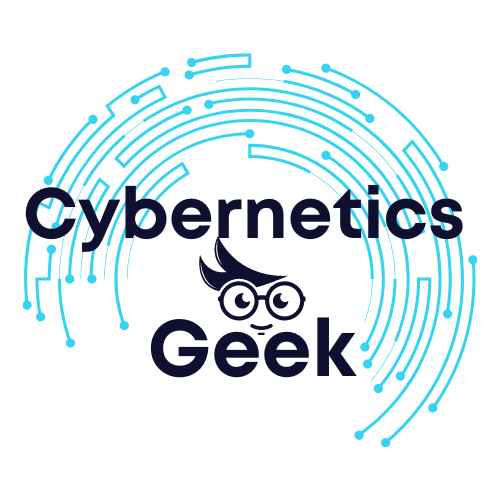In a world increasingly threatened by cyberattacks, safeguarding personal and sensitive communications has become a priority. Recent revelations about foreign cyber intrusions, including those allegedly conducted by Chinese hackers targeting U.S. telecommunications networks, underscore the urgent need for secure communication tools. Federal agencies, including the Cybersecurity and Infrastructure Security Agency (CISA) and the FBI, now advocate for the widespread adoption of encrypted messaging apps to protect privacy and national security.
Why Encryption Matters
Encryption is a powerful tool that ensures messages are only readable by the intended recipients. This safeguard is particularly critical as malicious actors increasingly exploit vulnerabilities in telecommunications infrastructure. Jeff Greene, a senior official at CISA, has urged the public to adopt encrypted communication tools, highlighting their role in combating espionage and cybercrime (Reuters).
The FBI, traditionally cautious about encryption due to concerns over its impact on criminal investigations, has shifted its stance. In a rare move, the bureau recommended encrypted messaging apps as a protective measure against growing cyber threats (TechCrunch).
Top Encrypted Messaging Apps
Several apps stand out for their robust security features, offering users peace of mind in a digital world fraught with risks. Here are some of the best options:
- Signal: Praised for its open-source design and end-to-end encryption, Signal sets the standard for secure communications. It retains minimal metadata and offers encrypted text, voice, and video calls (Wikipedia).
- Telegram: While Telegram offers optional end-to-end encryption through its Secret Chats feature, it’s essential to activate this feature for maximum security. The app’s vast user base and innovative features make it popular, though it has faced scrutiny over content moderation (Financial Times).
- WhatsApp: Owned by Meta, WhatsApp provides end-to-end encryption by default for messages and calls. Its accessibility and user-friendly interface make it a widely trusted choice (The Verge).
- Element: Built on the decentralized Matrix protocol, Element is a secure option for both personal and professional use, offering encrypted messaging and VoIP capabilities (Wikipedia).
- Wire: Targeting personal and enterprise users, Wire is recognized for its secure collaboration tools and robust encryption standards (Wikipedia).
Balancing Privacy and Security
While encryption safeguards individual privacy, it also sparks debate about its potential misuse. Law enforcement agencies have expressed concerns over “going dark,” a scenario where strong encryption hinders investigations into criminal activities. This tension between privacy advocates and law enforcement remains a critical aspect of the broader cybersecurity discourse.
As cyber threats grow more sophisticated, adopting encrypted messaging apps is a proactive step to protect personal and sensitive information. Whether you’re an individual seeking privacy or a business protecting confidential data, leveraging the power of encryption is no longer optional—it’s essential.
By staying informed and choosing secure communication tools, you contribute to a safer, more resilient digital environment. As Jeff Greene aptly put it, “Encryption is the cornerstone of a secure cyber future” (Reuters).
